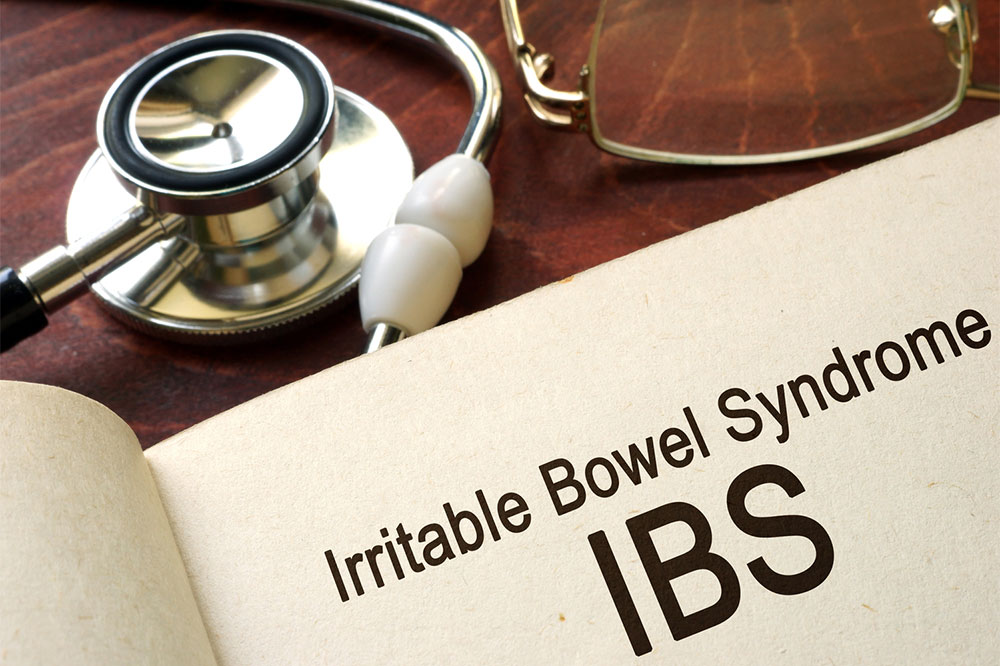Effective Strategies to Manage Irritable Bowel Syndrome
Discover effective strategies to manage Irritable Bowel Syndrome with lifestyle changes, medications, probiotics, psychological therapies, and alternative treatments. Learn how to improve quality of life despite IBS symptoms.
Sponsored

Irritable Bowel Syndrome (IBS) is a common disorder characterized by abdominal discomfort, pain, and irregular bowel habits. Many people experience either increased or decreased bowel movements, or pass different stool types. About 25 to 45 million individuals suffer from IBS nationwide, with women being the most affected. The condition typically manifests between late adolescence and early adulthood. Symptoms include abdominal pain, diarrhea, constipation, bloating, and mucus in stool.
IBS involves complex gut motility and sensory issues, encompassing physical and mental factors. Some manage symptoms through diet adjustments, lifestyle modifications, and stress control. Others may require medications or therapy. Here are key approaches for IBS relief:
Diet and Lifestyle Changes
Managing diet and stress is essential. Reducing stressors, eating smaller meals more frequently, avoiding caffeine, and increasing fiber intake can alleviate symptoms. Consulting healthcare providers for personalized advice is recommended.
Medications
When lifestyle interventions fall short, medications like antispasmodics, anti-diarrheals, or laxatives may be prescribed. For stress-related IBS, anti-anxiety drugs might be helpful. Always seek physician guidance before medication use.
Probiotics and Antibiotics
Restoring gut bacteria balance with probiotics can reduce bloating, diarrhea, and pain. In some cases, antibiotics help eliminate harmful bacteria, improving symptoms after medical consultation.
Psychological Support
Psychological therapies, such as cognitive behavioral therapy, hypnosis, and relaxation techniques, can lessen discomfort by reducing stress and addressing mental factors associated with IBS.
Alternative Therapies
Acupuncture, herbal remedies, meditation, yoga, and mindfulness have shown promising results in symptom management and stress reduction during IBS treatment.
While IBS does not increase risks for other colon diseases, it can impact daily life and comfort. Though not life-threatening, managing symptoms through lifestyle, medication, and therapy enables individuals to live active, fulfilling lives despite the condition.






